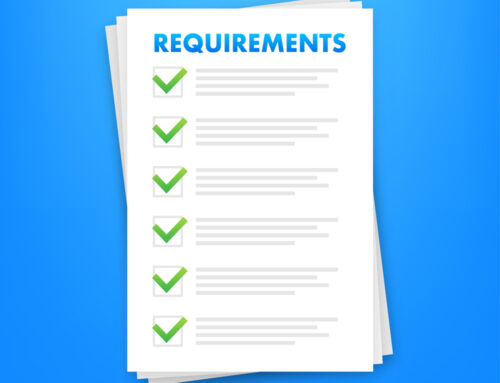Guest blog post by Jason Oppenheimer, Copywriter
I have two completely different thumbs.
Without any other context, I probably have your attention by now. And in a world where attention spans are often no longer than the time it takes to read a push-notification, that’s certainly no small feat.
Consequently, when you’re composing college application essays, you also will need two completely different thumbs. Or something like that. Something that makes you stand out as you compete for the attention spans of admissions counselors who are charged with reading hundreds or even thousands of essays. No matter what the prompt is, and no matter what you think colleges want to see in your submissions, before anything else, you need a distinguishing “This is me: Hear me roar!!!!”
Remember, you’re not the only one who’s responding to those prompts. You’re also not the only one who’s vanquished the rigors of AP US History while playing three varsity sports, participating in Model UN, and editing the school newspaper. You’re not even the only one with some sort of compelling backstory. Of course, you should include all of that interesting stuff in your essays. It’s important and anything that helps tell the story of who you are is worthy of inclusion. But these days, being “unique” isn’t enough. These days, the story itself isn’t nearly as important as the way you tell it.
So how do you tell your story in a way that inspires more intrigue than it does yawns?
- Write the way you talk. Your colloquialisms, distinct phrasings, and contemporary vernacular all add color and character to the person behind the essay. Don’t be silly about it and certainly don’t force a “that’s so fire” into the story just for the sake of it. But be yourself. Write yourself.
- Be thorough but brief. It’s nothing personal, but no one really wants to read an encyclopedic entry about a challenging time in your life, especially people who have to read similar essays all day long for weeks or even months at a time. Answer the prompt in a way that speaks to the essence of your story, without doing so at length. Just because there’s a word limit doesn’t mean you have to get as close as possible to that number!
- Be creative before you try to be clever. First of all, you’re probably not that clever. None of us really are. The sooner you let go of what you think you know about your intellect or how that intellect impacts your ability to tell a story, the sooner your story will have the chance to resonate with the reader(s), no matter who they are. Don’t try to impress. Try to inspire.
- There’s no one correct way to write. A college essay should not look anything like the five-paragraph analytical essays you typically write for school (as explained in this blog post). Furthermore, while proper grammar, spelling, and punctuation are important (and mistakes can detract from the story you’re trying to tell), the people reading your essays generally care more about your personality shining through than your strict adherence to rules. Don’t be afraid to start a sentence with “But” or “And.” And if you can better emphasize a point by writing in sentence fragments: Do. It. However, do not take any of this as an invitation to be sloppy with your language. There’s a big difference between writing with playful abandon and communicating incoherently.
Treat your college essays as opportunities and not as chores. Even if you hate to write (especially about yourself), when you’re telling your stories, what you’re really doing is making a first impression. And if you want to prove to admissions officers that you would fit on their campus better than anyone else, your first impression had better be a great one. So show them your two completely different thumbs, rewrite if need be, and put absolutely everything you can into these essays. Most importantly though, have fun with it. And don’t screw it up.
 Jason Oppenheimer is a cat-dad, Vitamix-owner, and word-wrangler extraordinaire (AKA a creative copywriter) with Fingerpaint Marketing. He’s a graduate of the Creative Circus in Atlanta, GA (it’s actually a real school) and Washington University in St. Louis. You can learn more about his bizarre ideations (and freelance copywriting services) at https://www.youdownwithopp.com.
Jason Oppenheimer is a cat-dad, Vitamix-owner, and word-wrangler extraordinaire (AKA a creative copywriter) with Fingerpaint Marketing. He’s a graduate of the Creative Circus in Atlanta, GA (it’s actually a real school) and Washington University in St. Louis. You can learn more about his bizarre ideations (and freelance copywriting services) at https://www.youdownwithopp.com.






